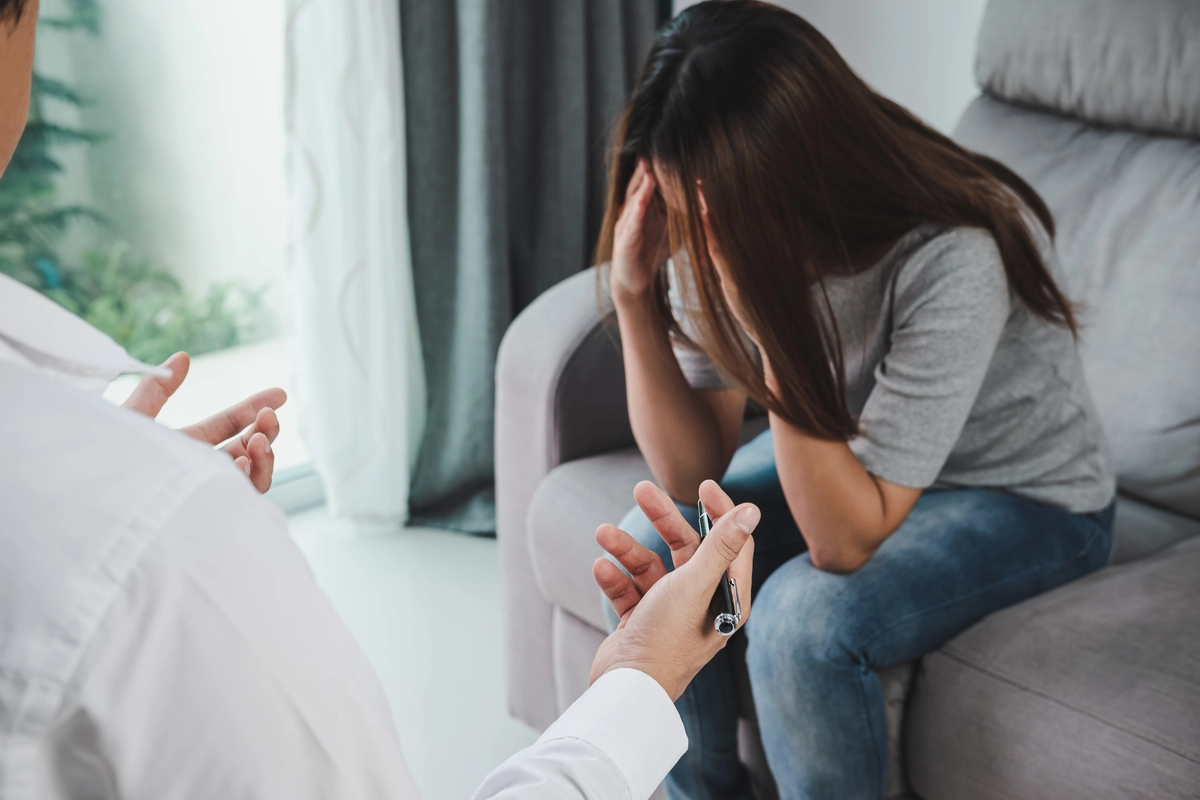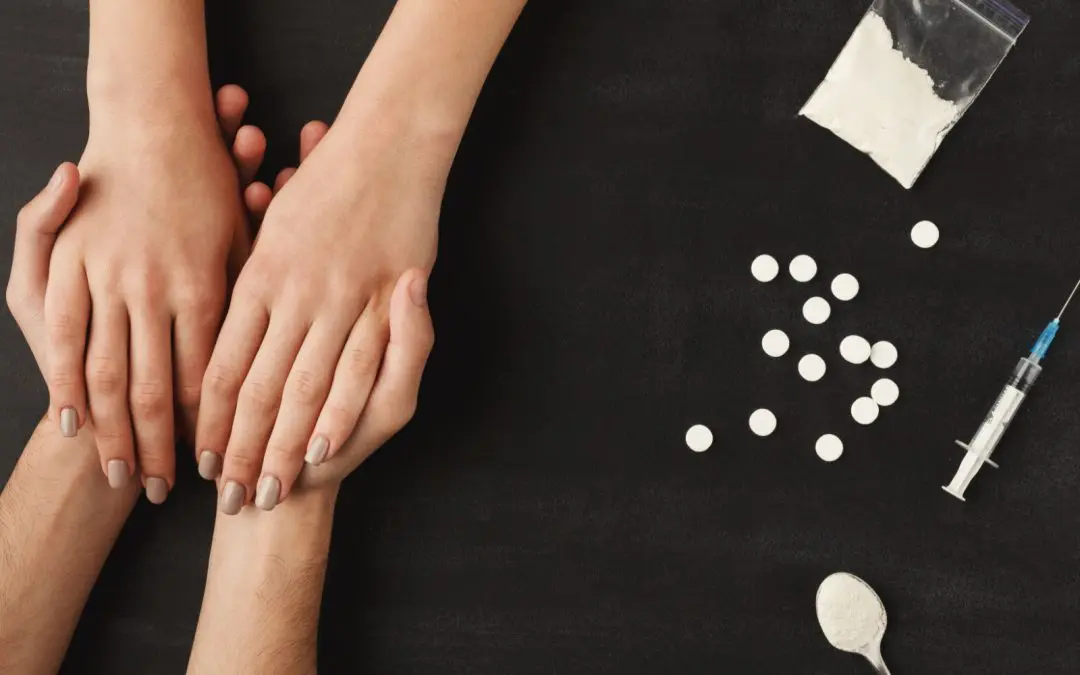24/7 Helpline:
(866) 899-221924/7 Helpline:
(866) 899-2219
Learn more about PTSD Rehab centers in Blue Springs

Other Insurance Options

Ceridian

Meritain

Evernorth

Kaiser Permanente

AllWell

Carleon

WellCare Health Plans

MHNNet Behavioral Health

Optima

Health Choice

Optum

Private insurance

Humana

Sutter

Sliding scale payment assistance

EmblemHealth

Coventry Health Care

Cigna

CareSource

Aetna

Accent On Recovery
Accent On Recovery is a private rehab located in Blue Springs, MO. Accent On Recovery specializes in...












AA – Alcoholics Anonymous
AA – Alcoholics Anonymous is a non-profit rehab located in Blue Springs, Missouri. AA – Alcoholics A...






